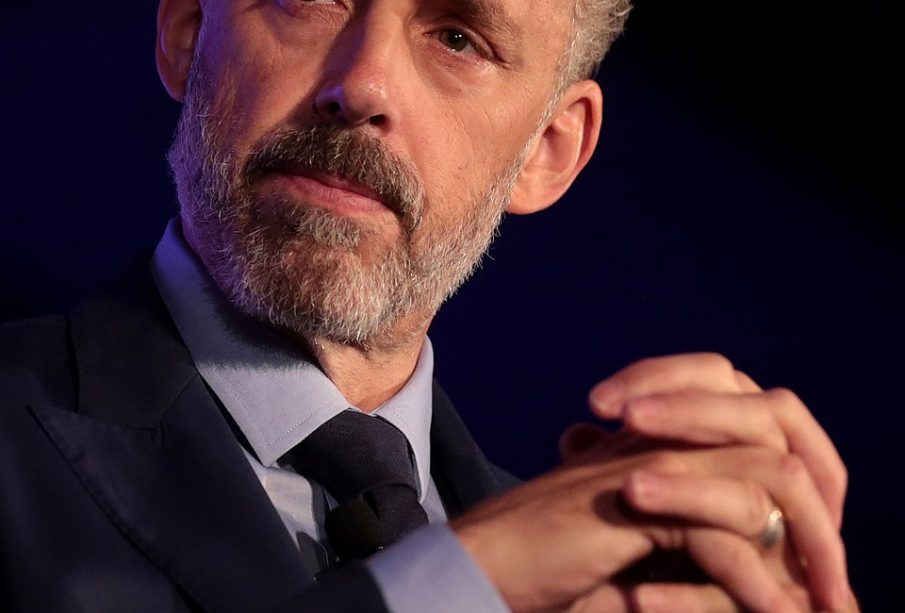The Impact of Dr. Jordan Peterson on Modern Discourse

Introduction
Dr. Jordan Peterson, a clinical psychologist and professor of psychology, has emerged as one of the most influential public intellectuals of our time. Known for his thought-provoking views on cultural and psychological issues, Peterson has sparked considerable debate and discussion on topics ranging from free speech to personal responsibility. His prominence in societal discourse is significant, as it touches upon vital aspects of individual autonomy and societal values.
Peterson’s Rise to Fame
Peterson gained widespread recognition in 2016 after his critiques of political correctness and compelled speech laws, particularly concerning Canada’s Bill C-16, which proposed adding gender identity and expression as prohibited grounds for discrimination. His YouTube lectures, which cover a range of topics including psychology, mythology, and religion, have garnered millions of views, further amplifying his reach and impact.
Key Themes and Ideas
One of the core themes in Peterson’s work is the importance of personal responsibility and the pursuit of meaning. He often emphasizes that individuals should strive to take responsibility for their lives and actions, which he believes is crucial for personal development and societal progress. His book, ’12 Rules for Life: An Antidote to Chaos,’ has not only topped bestseller lists but also has influenced many to reflect on their life choices and the underlying principles that guide their actions.
Moreover, Peterson advocates for a dialogical approach to complex societal issues, encouraging discussions that transcend left-right political divides. He argues that open discourse is essential for addressing societal challenges and promoting mutual understanding.
Controversy and Criticism
While Peterson has a substantial following, he has also faced significant criticism, particularly from those who view his positions as conservative and reactionary. Critics argue that his views can reinforce traditional gender roles and threaten progressive movements. The polarized reactions to Peterson underscore the broader cultural conflicts regarding identity politics and free speech in contemporary society.
Conclusion
Dr. Jordan Peterson’s work continues to stimulate conversation and debate on a global scale. His perspectives challenge many to reconsider their views on cultural practices, responsibility, and the importance of open dialogue. As societal climates shift, Peterson will likely remain a central figure in discussions about the ever-evolving landscape of modern discourse, serving as a pivotal touchstone for those navigating complex ideological terrains. As we move forward, his influence may prompt necessary reflections on the values that shape our communities and individual lives.







